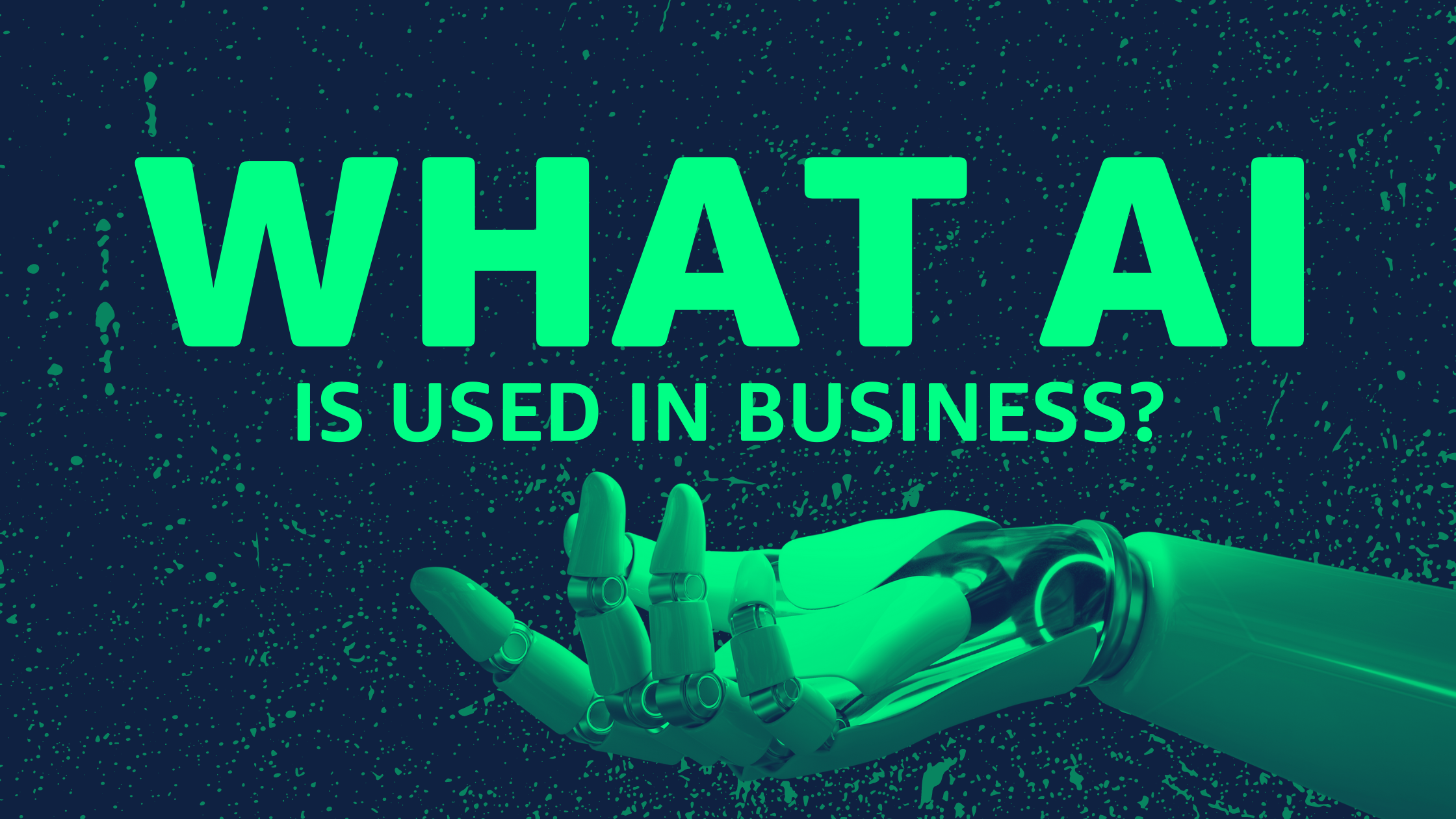Artificial Intelligence (AI) has become a buzzword in the business world, transforming how companies operate, make decisions, and interact with customers. The integration of AI tools for business is not just a trend; it’s a necessity for organizations aiming to stay competitive in an increasingly digital landscape. In this blog post, we will explore various AI applications in business, the benefits they offer, and some popular AI tools that companies are leveraging today.
Understanding AI in Business
AI refers to the simulation of human intelligence processes by machines, especially computer systems. These processes include learning (the acquisition of information and rules for using it), reasoning (using rules to reach approximate or definite conclusions), and self-correction. In the context of business, AI can analyze vast amounts of data quickly and accurately, providing insights that can drive strategic decisions.
Why Businesses Are Turning to AI
The reasons for adopting AI tools for business are manifold:
- Efficiency: Automating routine tasks allows employees to focus on more complex issues.
- Data Analysis: AI can process large datasets far more quickly than humans, identifying trends and patterns that may not be immediately apparent.
- Personalization: Businesses can use AI to tailor their offerings based on customer preferences and behaviors.
- Cost Reduction: Companies can significantly reduce operational costs by automating processes and improving efficiency.
Key Areas Where AI is Applied in Business
1. Customer Service
AI-powered chatbots are revolutionizing customer service by providing instant responses to customer inquiries 24/7. These chatbots use natural language processing (NLP) to understand customer questions and provide relevant answers or escalate issues when necessary.
Popular Tools:
- GREENstick
- Zendesk Chat
- Intercom
- Drift
2. Marketing Automation
AI tools help businesses analyze consumer behavior and predict future buying patterns. This enables marketers to create targeted campaigns that resonate with their audience.
Key Applications:
- Predictive analytics
- Content generation
- Social media monitoring
Popular Tools:
- GREENstick Social
- HubSpot
- Marketo
- Mailchimp
3. Sales Enhancement
AI can assist sales teams by providing insights into leads’ behaviors and preferences, allowing for more effective outreach strategies.
Applications Include:
- Lead scoring
- Sales forecasting
- Automated follow-ups
Popular Tools:
- Salesforce Einstein
- GREENstick CRM
- Pipedrive
- Zoho CRM
4. Human Resources Management
In HR, AI tools streamline recruitment processes by screening resumes and identifying the best candidates based on predefined criteria.
Applications Include:
- Automated resume screening
- Employee engagement analysis
- Performance tracking
Popular Tools:
5. Supply Chain Optimization
AI plays a crucial role in supply chain management by predicting demand fluctuations and optimizing inventory levels accordingly.
Key Applications Include:
- Demand forecasting
- Route optimization
- Supplier selection analysis
Popular Tools:
- SAP Integrated Business Planning
- Oracle SCM Cloud
Benefits of Using AI Tools for Business
The adoption of AI tools brings numerous advantages:
Enhanced Decision-Making
With access to real-time data analytics powered by AI algorithms, businesses can make informed decisions faster than ever before.
Improved Customer Experience
By personalizing interactions through data-driven insights, companies can enhance customer satisfaction and loyalty.
Increased Productivity
Automation reduces manual workloads, allowing employees to focus on strategic initiatives rather than mundane tasks.
Challenges of Implementing AI in Business
While the benefits are significant, there are challenges associated with integrating AI into existing systems:
- Data Quality Issues: Poor quality data leads to inaccurate predictions.
- Resistance to Change: Employees may be hesitant about adopting new technologies.
- Cost of Implementation: Initial setup costs can be high depending on the complexity of the solution.
- Ethical Concerns: Issues surrounding privacy and bias must be addressed when deploying AI solutions.
Conclusion
The integration of artificial intelligence into business operations is no longer optional; it’s essential for staying competitive in today’s market landscape. From enhancing customer service through chatbots to optimizing supply chains with predictive analytics, the applications are vast and varied.
As businesses continue to explore innovative ways to leverage these powerful ai tools for business, understanding their capabilities will be crucial for success moving forward. By overcoming challenges associated with implementation while maximizing benefits from these technologies, organizations can position themselves at the forefront of their industries—ready not just for today’s demands but also future opportunities driven by advancements in artificial intelligence technology. Contact GREENstick today to schedule your AI discovery call.

